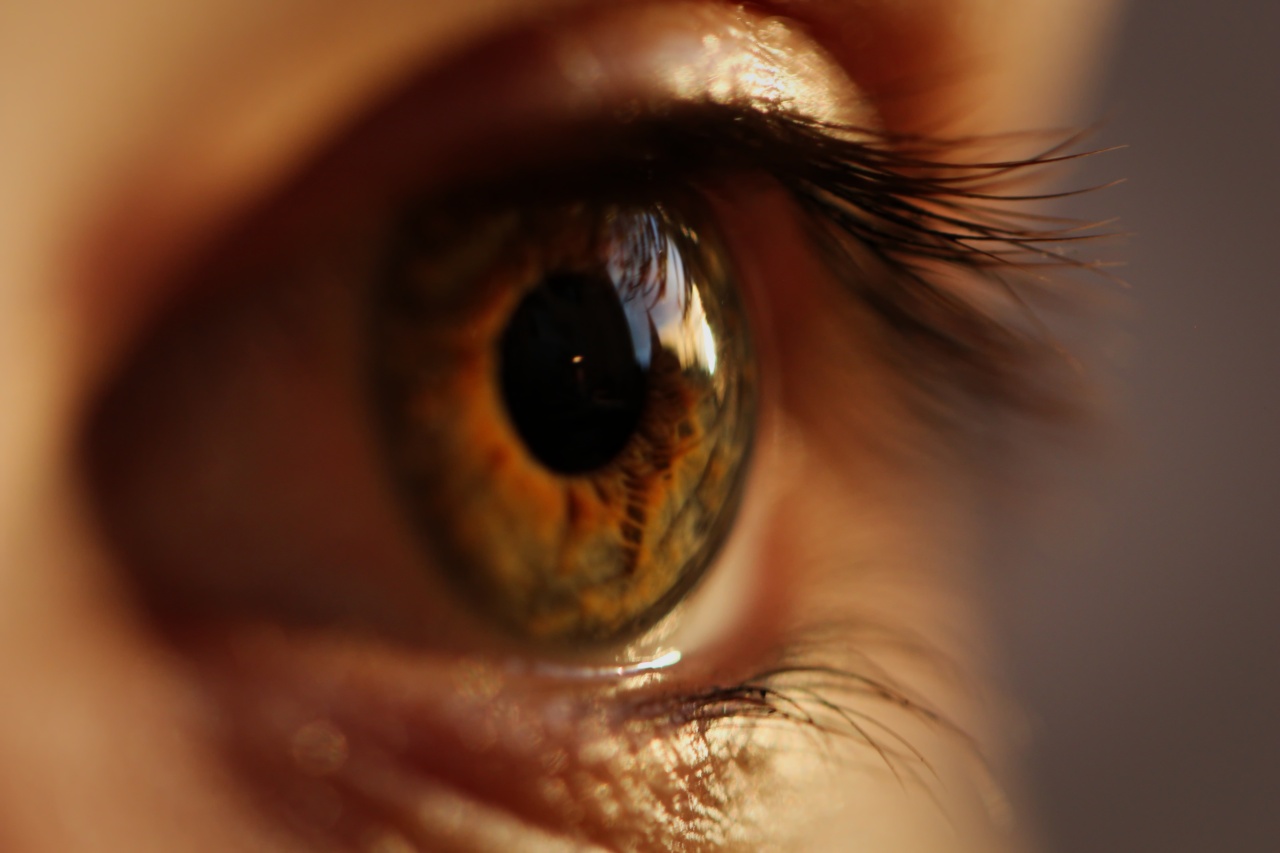Having long and thick lashes can make a big difference to your look, but what do you do if you’re starting to notice that your eyelashes are thinning or falling out? There are many reasons why you might be losing your lashes, and it’s important to identify the cause so you can take action to stop it from happening. Here are eight reasons why you might be losing your lashes and what you can do to fix it.
1. Ageing
As you age, your eyelashes can become thinner and shorter due to a reduction in the number of hairs that are produced. This is a natural part of the ageing process, but it can be frustrating if you’re used to having long lashes.
There’s not much you can do to stop the effects of ageing, but there are some things you can do to mitigate the damage. Using a lash serum or oil can help to condition and nourish the lashes, making them appear fuller and longer.
2. Poor Nutrition
Your diet can have a big impact on the health of your lashes. If you’re not getting enough of the vitamins and nutrients that your body needs to produce healthy hair, your lashes can suffer.
Make sure you’re eating a balanced diet that includes plenty of protein, vitamins, and minerals. Foods that are high in biotin, such as eggs, nuts, and avocados, are particularly good for promoting lash health.
3. Rubbing Your Eyes
Rubbing your eyes can damage your lashes, causing them to fall out or become weaker. If you wear eye makeup, it’s especially important to be gentle when removing it, as rubbing vigorously can cause damage.
If you find yourself rubbing your eyes frequently, try to identify the cause. It might be that you have allergies or an underlying medical condition that needs to be addressed.
4. Stress
Stress can take a toll on your body in many ways, including causing your lashes to fall out. When you’re stressed, your body releases hormones that can disrupt the natural growth cycle of your lashes.
If you’re feeling stressed, try to take steps to reduce your stress levels, such as practicing relaxation techniques or taking a break from work.
5. Hormonal Changes
Hormonal changes, such as those that occur during pregnancy or menopause, can also affect your lashes. During pregnancy, estrogen levels rise, which can prolong the growth phase of your lashes and make them appear fuller.
However, after giving birth, estrogen levels drop, and many women experience lash shedding. Similarly, during menopause, changes in hormone levels can cause your lashes to become thinner and weaker.
6. Medical Conditions
Certain medical conditions can cause your lashes to fall out or become thinner. For example, conditions that cause inflammation, such as blepharitis or eczema, can damage the hair follicles and lead to lash loss.
If you’re experiencing lash loss along with other symptoms, such as itching or redness, it’s important to see a doctor to rule out any underlying medical conditions.
7. Medications
Certain medications can cause eyelash loss as a side effect. For example, chemotherapy drugs and some acne medications can affect the growth of your lashes.
If you’re noticing changes in your lashes after starting a new medication, talk to your doctor about the side effects.
8. Overuse of Eye Makeup
Using too much eye makeup or wearing it for too long can cause damage to your lashes. Mascara and eyeliner can clump together, weighing down your lashes and causing them to fall out.
Additionally, using false lashes or lash extensions can put stress on your natural lashes, causing them to become weaker. If you’re a fan of eye makeup, make sure you’re using high-quality products and taking good care of your lashes.
Conclusion
If you’re losing your lashes, there are many factors that could be to blame. By identifying the cause and taking steps to address it, you can help to prevent further lash loss and promote healthy lash growth.
Whether you’re dealing with the effects of ageing, poor nutrition, or medical conditions, there are solutions available that can help you to achieve the look you want.































